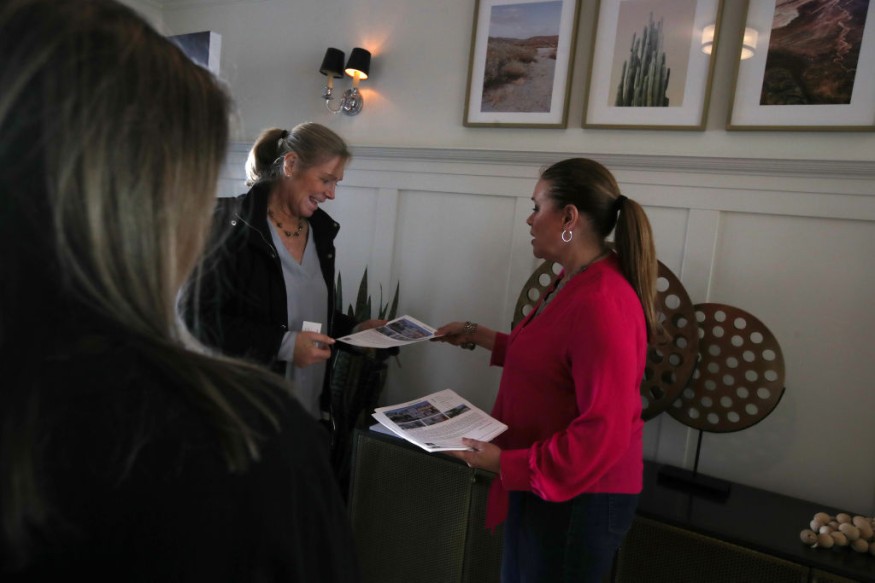
Hosting an open house is a crucial step in selling your home, providing potential buyers with a firsthand look at what could be their future living space.
To ensure a successful event that leaves a lasting impression, we've listed five open-house tips to help you prepare effectively and make the most of your event.
Advertise
Creating a buzz around your open house is essential to attract potential buyers. While word of mouth can get your open house some attention, there are other ways to draw in potential buyers.
Leverage online platforms, such as real estate websites, social media, and local community boards, to spread the word. Craft a compelling description highlighting the key features of your home and include high-quality photos. You can also consider investing in targeted online ads to reach a broader audience. Traditional methods like flyers and signs in the neighborhood are also effective in capturing the attention of local buyers.
Pick a Strategic Day and Time
Timing is everything when it comes to open houses. Choose a day and time that maximizes attendance. Weekends-especially Sundays-are generally preferable, as more people are likely to be available. Aim for mid-morning to early afternoon to catch potential buyers before they engage in other weekend activities. By strategically planning the timing, you increase the chances of attracting serious homebuyers who are actively looking for a property.
Prepare Your Home for the Tour
Create a positive first impression by ensuring your home is clean, well-maintained, and inviting. To do this, take care of any minor repairs, declutter spaces, and depersonalize rooms to allow visitors to envision themselves in the home.
Pay attention to curb appeal as well, as the exterior is the first thing potential buyers will see. A well-groomed lawn, a fresh coat of paint, and landscaping can significantly enhance the overall appeal of your property.
Consider Investing in Home Staging
Professional home staging can make a significant difference in how potential buyers perceive your home. Staging involves arranging furniture and decor to showcase your home's best features and create a warm, welcoming atmosphere. While it may require an upfront investment, the potential return in terms of a quicker sale and higher offers often justifies the cost.
Use Handouts or Brochures
Provide visitors with informational materials that highlight the key features and selling points of your home. A well-designed brochure or handout can serve as a tangible reminder of your property, helping potential buyers recall the unique aspects that set it apart.
In your brochure, include professional photographs, a layout of the home, and essential details such as square footage, recent upgrades, and any special amenities the property offers.



